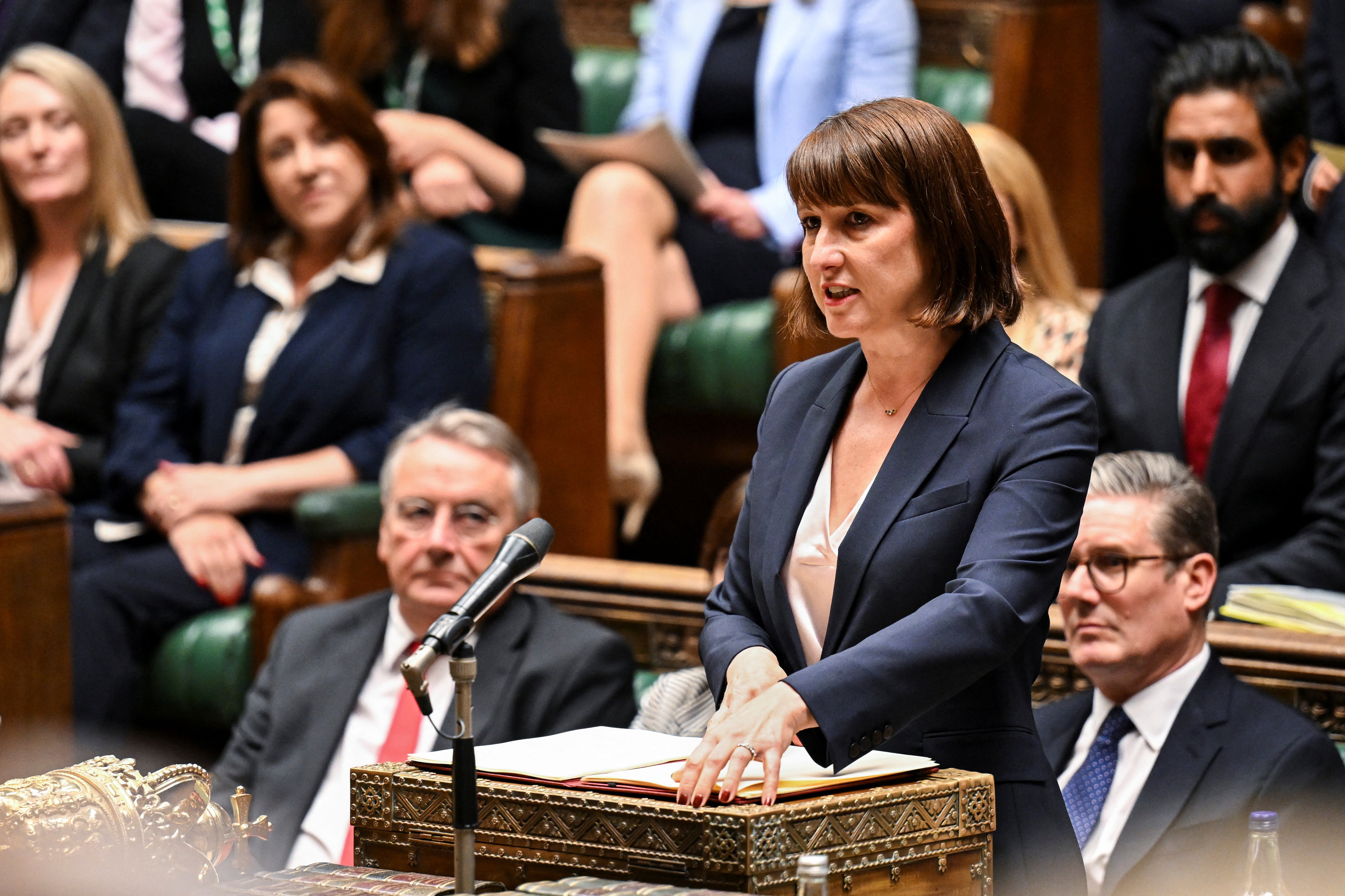Why MPs might be denied a vote on winter fuel payment cuts
Use of parliamentary procedure has made it hard for opponents to force a vote on the highly controversial changes to pensioners’ hardship payments, as John Rentoul explains


More than half of the members of the House of Commons are newly elected, and may be surprised to discover they may not be given the chance to vote on the controversial decision by chancellor Rachel Reeves to withdraw winter fuel payments from pensioners who are not on pension credit.
This will provide them with an early crash course in some of the basics of how parliament passes legislation.
What kinds of law are there?
There are two main kinds of legislation: primary and secondary. Primary legislation starts as a bill, which is debated and voted on at different stages of its passage through the two houses of parliament, until it receives the royal assent and becomes an act.
Secondary legislation takes the form of statutory instruments; these are simpler documents, laid before parliament by ministers under powers granted to them by an act. Debates and votes on them are not guaranteed.
There are two ways that parliament approves of statutory instruments: the affirmative procedure and the negative procedure. The change in the law on winter fuel payments was made in a statutory instrument laid before parliament on Thursday under the negative procedure.
What are the procedures for secondary legislation?
Under the affirmative procedure, a statutory instrument must be positively approved by both houses of parliament. That means the speaker has to read out the title of the instrument to be approved and ask that “as many of that opinion say Aye, and to the contrary No”. If the view of the Commons is unclear, there will be a division and a recorded vote, giving MPs who disagree with the law the chance to put their opposition on the record. The same sort of thing happens in the Lords, except that peers say “Content” and “Not content”.
Under the negative procedure, the statutory instrument becomes law on the day specified by the minister (16 September in the case of the Social Fund Winter Fuel Payment Regulations 2024) unless a motion – known as a “prayer” – to reject it is agreed by either house within 40 sitting days.
Any MP can table a “prayer” against a statutory instrument, but there is no guarantee that it will be voted on, because the government has to make time for it in the parliamentary timetable.
Doesn’t the government have to allow votes?
According to Erskine May, the official guide to parliamentary procedure, the government will allow time for a vote if the opposition supports the “prayer”, by convention: “Where such a motion is signed by shadow ministers, the government has normally found time for the motion to be debated, although it cannot be compelled to do so.”
Rishi Sunak tabled a prayer motion late on Friday to annul the statutory instrument, but Matthew England, a Hansard Society researcher, pointed out that Keir Starmer, as leader of the opposition, signed at least two prayer motions against statutory instruments in the last parliament that were not voted on.
From the point of view of parliamentary accountability, it gets worse. Because the winter fuel payment is a financial matter, the House of Lords does not have a say over it, so it will not be subject even to the negative procedure in the upper house. The only chance for MPs to record their opposition to the cut is if Starmer, advised by chief whip Alan Campbell, agrees to a vote on Sunak’s prayer motion.
But, as Erskine May says, he “cannot be compelled to do so”.
Could this be convenient for Labour MPs?
It is possible that Labour MPs might prefer not to have a vote. The first time they were given the chance to vote against their own government’s policy, some of them assumed that voting for an opposition amendment to the King’s Speech would be an innocent expression of dissent. But seven of them, including John McDonnell, the former shadow chancellor, discovered that Keir Starmer took a stern view of their decision to vote for an SNP amendment calling for the two-child limit on benefits to be lifted. They have been suspended from the parliamentary Labour Party and are unlikely ever to be allowed back.






Join our commenting forum
Join thought-provoking conversations, follow other Independent readers and see their replies
Comments